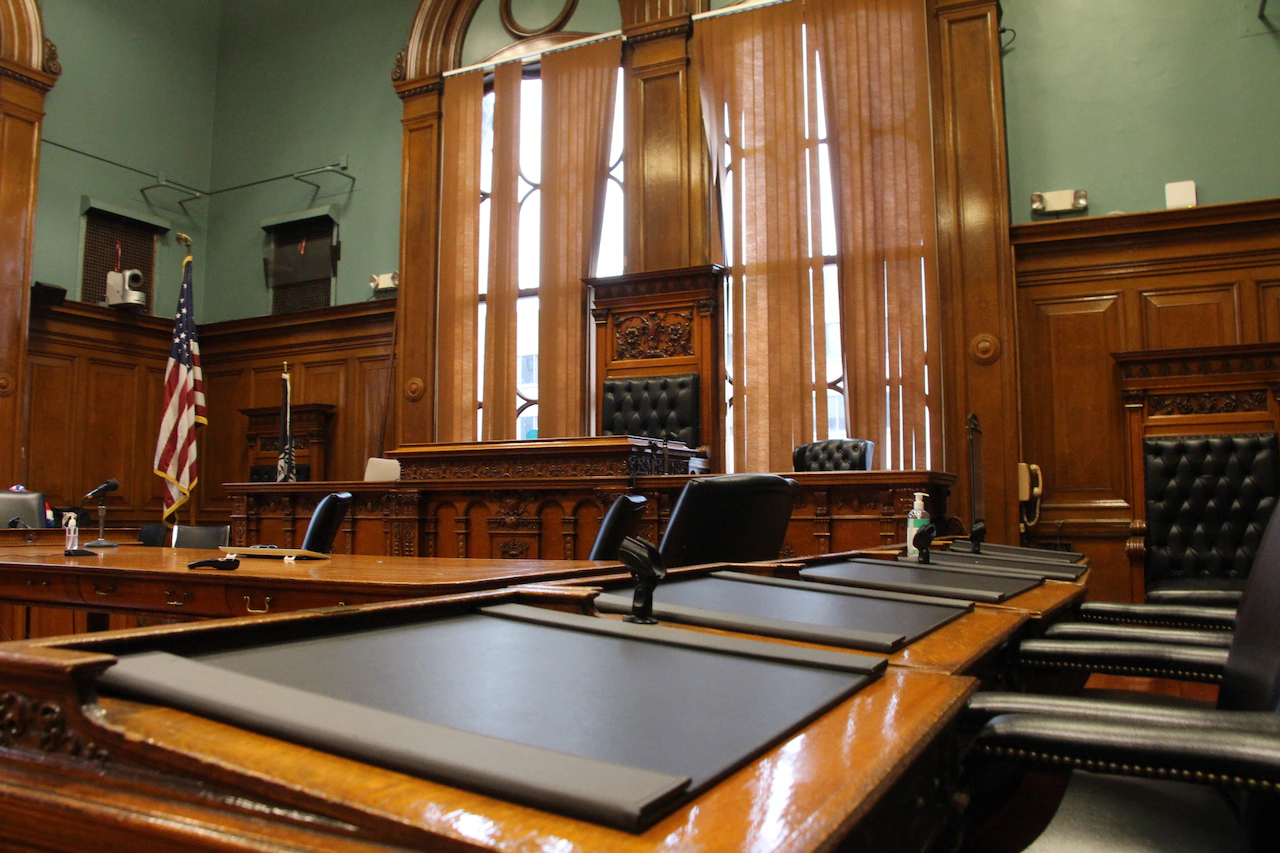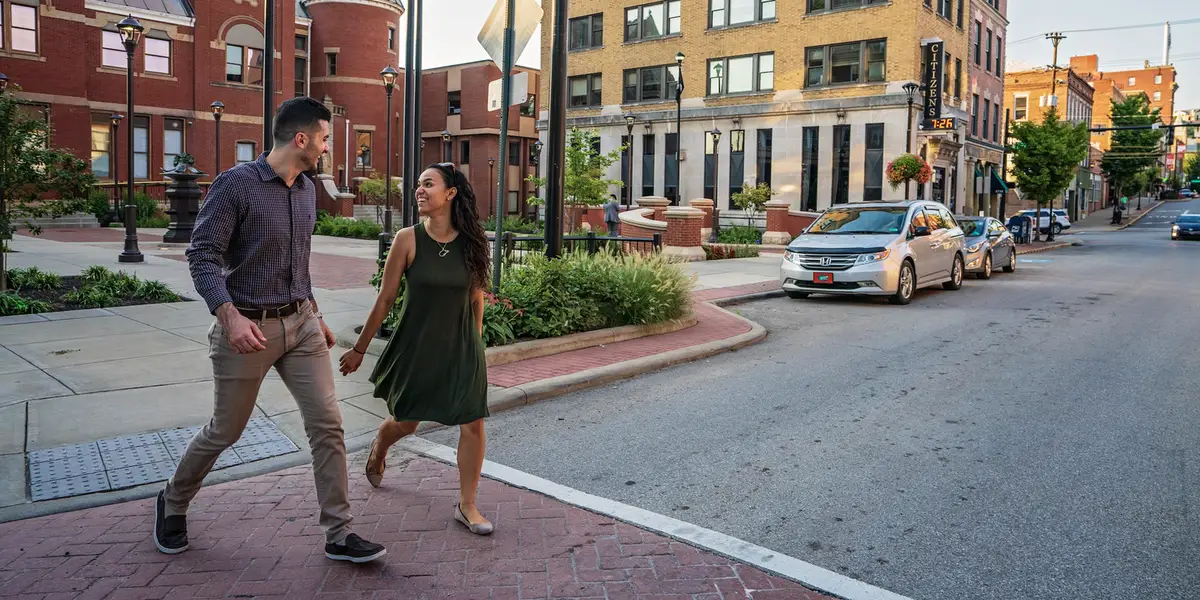Copyright MassLive

For several newly elected members to the Worcester City Council, infrastructure is their top priority once they are sworn into office next year. A total of 26,126 ballots were cast for the election, according to unofficial results. The winners of the mayoral, city council and school committee elections will serve for a two-year term before the next municipal election in 2027. Mayor Joseph Petty won re-election, as did Councilors-at-Large Khrystian King, Morris Bergman and Kathleen Toomey and District 4 Councilor Luis Ojeda. Former City Councilor-at-Large Gary Rosen and former District 1 Councilor Tony Economou won back their old seats on Tuesday. In contrast, former State Rep. John Fresolo won an open seat in District 3. District 2 Councilor Candy Mero-Carlson and District 5 Councilor Etel Haxhiaj were unseated by challengers Robert Bilotta and Jose Rivera, respectively. Finally, Satya Mitra, the founder of The Guru Tax and Financial Services, successfully secured a seat on the council as a councilor-at-large. Mitra told MassLive on Wednesday afternoon that he wants to take a closer look at Worcester’s tax dollars to see how they are allocated. He said he wants to ensure that resources, such as roads, are properly funded. “I think I will have an influence, being in an accounting practice,” Mitra said. “I’ll be able to help give that strength to the council.” Read more: Worcester Election 2025: Results for mayor, city council, school committee. Incoming Councilor Robert Bilotta said he also wants to improve infrastructure and enhance the neighborhood by utilizing funds from the CSX Community Investment Fund. The CSX Community Investment Fund is a commitment from CSX Corporation to invest $5 million in Worcester neighborhoods after it completed a $100 million rail yard project in the city, according to the Worcester Business Journal. Bilotta also called for a better balance between market-rate and affordable housing in Worcester. A 2024 analysis from RKG Associates, commissioned by the city for its housing plan, found that Worcester needs to create 12,000 housing units by 2033 to meet demand. “We should also look at housing policies that are working in other communities like density bonuses, allowing developers to build more units to accommodate more affordable housing, supporting first time home buying opportunities and deed restricted housing,” Bilotta said. “Ultimately, we need to strive for more housing that meets the needs of Worcester families.” When asked about housing, Economou expressed his opposition to eliminating single-family zoning, which only allows the construction of single-family homes in a specific area. “I think we’re pulling the rug out from ourselves by eliminating that, if that’s the case. But we have to start building more,” Economou said. Mitra expressed openness to changing some of Worcester’s zoning ordinances to build more housing but said any such changes would need to respect those with single-family homes. “We have to be sensitive about it,“ Mitra said. ”But I think we also have to let the community know that we need to have homes. “So maybe we have to find areas.” The analysis from RKG associates found that 12% of Worcester’s land area consists of open space, with the vast majority (3,075 acres out of 3,103) being legally protected from development. Opinions diverge on police oversight board The election came as the council awaits a soon-to-be-released report from City Manager Eric D. Batista about the creation of a police civilian oversight committee. Last month, the Worcester Regional Research Bureau (WRRB) released a report endorsing the creation of such a board, saying it was “overdue.” Batista requested the study from the WRRB following the release of a scathing report by the Department of Justice (DOJ) in 2024. The DOJ’s report stated that Worcester officers used excessive force, disproportionately targeted Black and Hispanic people, and performed unwanted sexual acts with people in undercover operations. Economou expressed reservations over having a civilian oversight board. “We just spent a ton of money for body cameras,” Economou said. “I don’t know why you would need yet another board to further criticize or critique your actions.” Economou’s opponent, Keith Linhares, publicly expressed support for such a board. When asked about a civilian oversight board, Jose Rivera, the winner in the District 5 race, touted the work of the state’s POST (Peace Officer Standards and Training) commission as a form of oversight, along with body cameras and the city’s human rights commission. The report states that Worcester would benefit from local oversight and said there are limits on what the state’s POST commission can do to conduct oversight. “Although the POST Commission plays a key role in raising the baseline for police accountability statewide, it was never designed to replace local oversight,” the report reads. “It does not regularly audit how departments handle complaints or investigate their own officers, nor does it assess whether misconduct cases are investigated thoroughly or dismissed prematurely, nor can it consider or investigate complaints of rudeness or discourtesy that individuals might experience.” Rivera’s opponent, Councilor Etel Haxhiaj, expressed support for a civilian oversight board. Mitra told MassLive on Wednesday that he wants to read the WRRB’s report before making a decision. Bilotta, however, supports a civilian oversight board. “After reading Worcester regional research bureau report and learning how police oversight boards function, I believe a civilian review board would help improve police policies and procedures, and ensure there’s more dialogue between Worcester Police Department and the community,” Bilotta told MassLive. Khrystian King, who won re-election for councilor-at-large but lost the mayoral election, also publicly supports a civilian oversight board.



